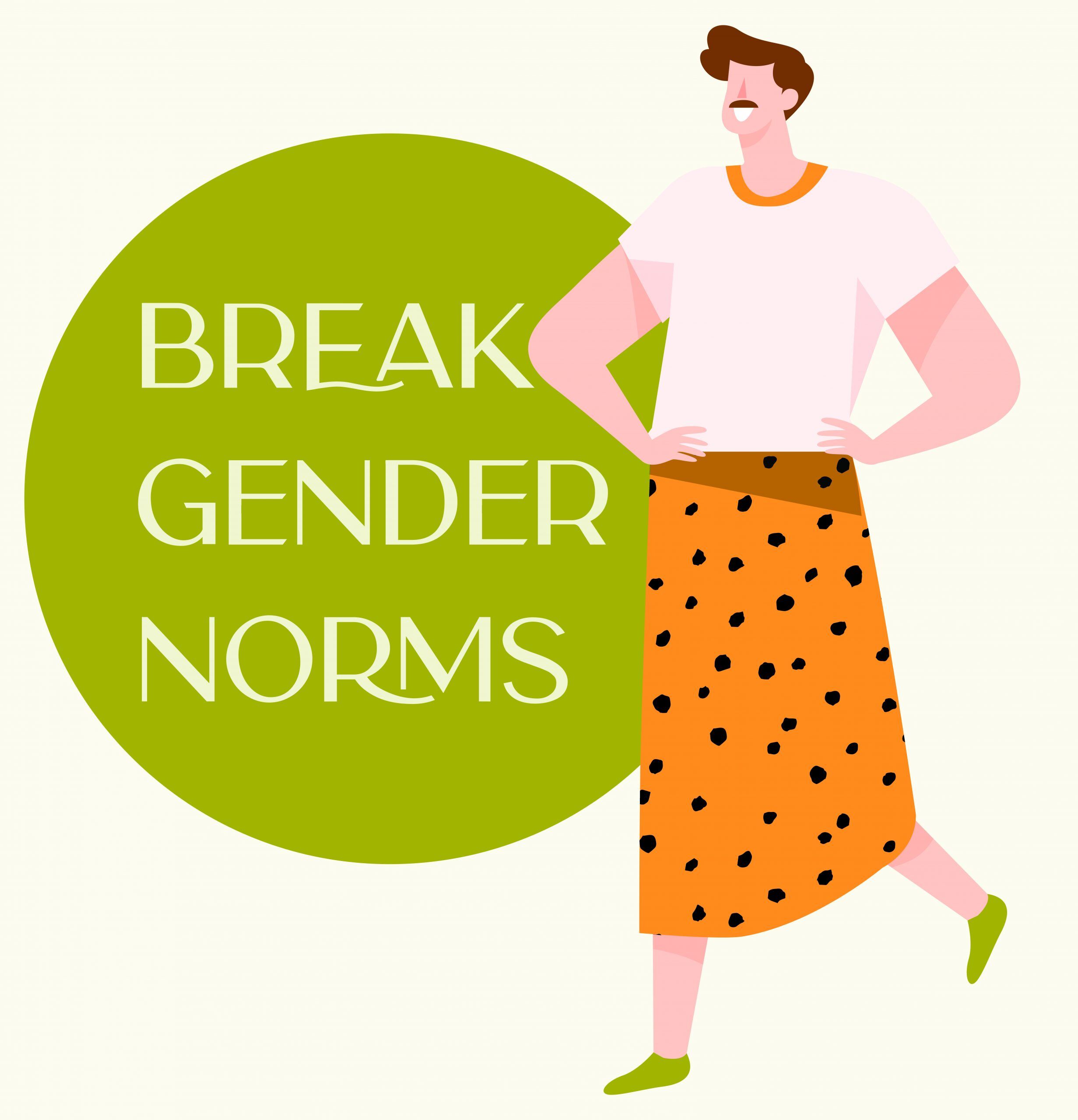8:00 pm: There are 4 days left until my partner goes back home to Hawaii. We’ve spent most of these last days watching TV shows on the laptop in bed.
9:00 pm: I fall asleep for a couple minutes and when I wake up, my partner is putting away the computer and turning the lights off. We crawl into bed.
10:00 pm: I find a comfortable position and start the process of replaying my day in my head and falling asleep slowly. “Eloisa,” My partner says, taking me out of my pre-sleep trance. I turn over to face them. Sometimes we have deeper conversations at night when the lights are off and we can’t see each other.
10:30 pm: “I think I like they/them pronouns,” they say.
Subscribe to get a twice-weekly dose of queer news, updates, and insights from the INTO team.
in Your Inbox
11:00 pm: I tell them it didn’t change anything at all. “It’s like coming out all over again,” they say. We tell each other “I love you” and fall asleep holding each other tightly.
When they told me about their pronouns I knew it wouldn’t change anything at all for us. At least, for the most part it wouldn’t. But I do admit that night was full of questions I was too afraid to ask. Like: can I still call you my girlfriend? Who exactly are you coming out to? Should I use they/them pronouns always or are there certain people you prefer not to tell? What do I do when I’m speaking about you in Portuguese? In romantic languages everything is gendered. It is near impossible to introduce the idea of different pronouns. I didn’t ask any of those questions that night, I knew how more often than not, you’re trying to find the answers to those questions yourself.
In romantic languages, everything is gendered.
I began a cycle of practicing. “THEY like the color green” or “I’ll join you after THEY are done getting ready.” For someone in the LQBTQ+ community, I was becoming quite frustrated with myself. I knew I wanted to get it perfectly right. I knew I wanted to be as supportive and learn as quickly as possible. I spent a whole lot of time looking up Instagram infographics about being nonbinary.
The first thing I had to digest was the fact that it’s not about me. It’s hard not to be selfish when new information is thrown at you. Selfishly the first thing I thought was “I can’t say I’m bisexual anymore”. My sexuality changed, and I thought about how I’d have to tell people. Because they are nonbinary the term bisexual completely excludes anyone who isn’t a man or woman, it felt unfair to keep labeling myself as something that doesn’t include the person I am in love with. I have decided to use the term queer to describe myself, but labels are ever-changing and I don’t really believe in them at this point.
The first thing I had to digest was the fact that it’s not about me.
The thing is, my minor sexuality change is nothing compared to the years it took my partner to tell others that they aren’t comfortable with the gender identity they were assigned to. I should know this.
It took years to come out about my sexuality and straight people telling me they had to “process” never sat right with me. The intersectionality of being queer and nonbinary is difficult to navigate, and coming out twice, I imagine, is no easy feat. After figuring this out, the pronouns came a lot easier to me.
I’m a pretty anxious person. I hate ordering food at a restaurant and I’ll fail a test because I was too embarrassed to ask a question. The questions I spent nights mulling over in my head turned out to be so so so important to discuss with my partner. I finally decided to ask them and they cleared up a lot. We were able to communicate about all that pronoun changes entailed and opened up the conversation about terminology and what is and is not okay.
The essence of being a supportive partner is leading with love.
Yes, they still like being called my girlfriend. Yes, I should use they/them pronouns for them at all times except when talking to our families and within our workplace. Yes, it’s okay to use she/her in Portuguese when referring to them. The only way I felt I was able to make my significant other comfortable in this situation was to make sure I was getting it right, but you won’t know if you’re getting it right if you don’t ask questions.
I did countless hours of research and am still navigating when it’s okay to “come out” for my partner when they aren’t there. For example, if someone I just met misgendered my partner, I would have to decide whether or not that is a safe person to correct considering they aren’t out to their family yet. But the essence of being a supportive partner is leading with love. The openness we have about terminology and sexuality is the foundation of our relationship. My partner beginning to understand themselves has brought us closer than ever.♦












